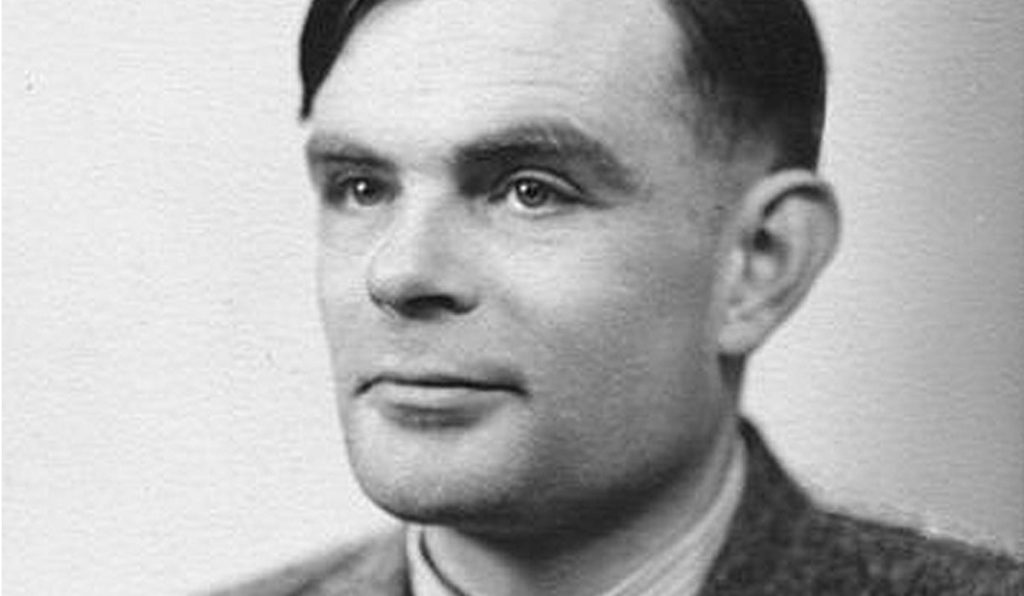Alan Turing, the gay father of modern computing, named Greatest Person of the 20th Century
Alan Turing, considered by many to be the father of modern computing and who was also gay, was named the Greatest Person of the 20th Century by the British public in a vote on the finale of the TV series ‘Icons’ on BBC Two.
Alan Turing was an English mathematician and pioneer of theoretical computer science and artificial intelligence. During World War 2, he was instrumental in breaking the German Enigma code, leading to Allied victory over Nazi Germany.
In 1945 Turing was awarded an OBE for his services to the country and in 1949, was made deputy director of the Computing Laboratory at the University of Manchester. Turing went on to devise what he called the ‘Imitation Game’ (now called the ‘Turing Test’) – a method to determine whether a machine showing behaviour can truly be called ‘intelligent’. The test has significantly influenced research on AI.
In 1952, Turing was discovered to be a homosexual and was charged with gross indecency. He avoided prison by accepting chemical castration, which eventually left him impotent. Turing’s professional career crumbled too as his security clearance was removed and he was barred from continuing his work with cryptography at GCHQ.
Two years later, it is believed he committed suicide by poisoning himself with cyanide.
In 2013, Queen Elizabeth II pardoned Turing for his 1952 conviction for having sex with another man.
Icons was an eight-part history series on BBC Two which celebrated the achievements of some of the greatest figures of the 20th century. Over the series, the British public were introduced to 28 different icons across seven categories. A winner from each category was then put forward into the live finale for public voting.
Turing triumphed over Pablo Picasso, Muhammad Ali, Martin Luther King Jr, David Bowie, Ernest Shackleton and Nelson Mandela.
And… Alan Turing has been voted the greatest and most influential figure of the 20th Century! ? #Icons pic.twitter.com/nV4qF7tkO4
— BBC (@BBC) February 5, 2019
Presenter Nick Robinson described Turing by saying: “He was a man who worked almost entirely in secret, who received little credit for cracking the Nazi codes and shortening the war and who died having been branded a criminal. Today he is the most celebrated figure of the 20th century, a father of computing, war hero and genius.”
Turing’s advocate, Chris Packham said: “All he got for all of his toil and all of our trouble was a poisoned apple. A genius, a saviour, but he was also autistic and gay so we betrayed him and drove him to suicide. Shame. Writ large his death, an unforgiving tattoo on humanity’s conscious.”
Packham then asked members of the audience to take their phones out of their pockets and hold them up, “just so they can sparkle. In each of your hands you hold a little bit of Alan Turing,” he said. “He’s with us when we wake up, he’s with us when we go to bed at night and he’s with us when we talk to our loved ones. He’s beautiful, isn’t he? Glistening in our darkest hour. You see, Alan Turing’s legacy hasn’t passed he’s not a relic of the 20th century, his gift to us is our future.”
![]()






